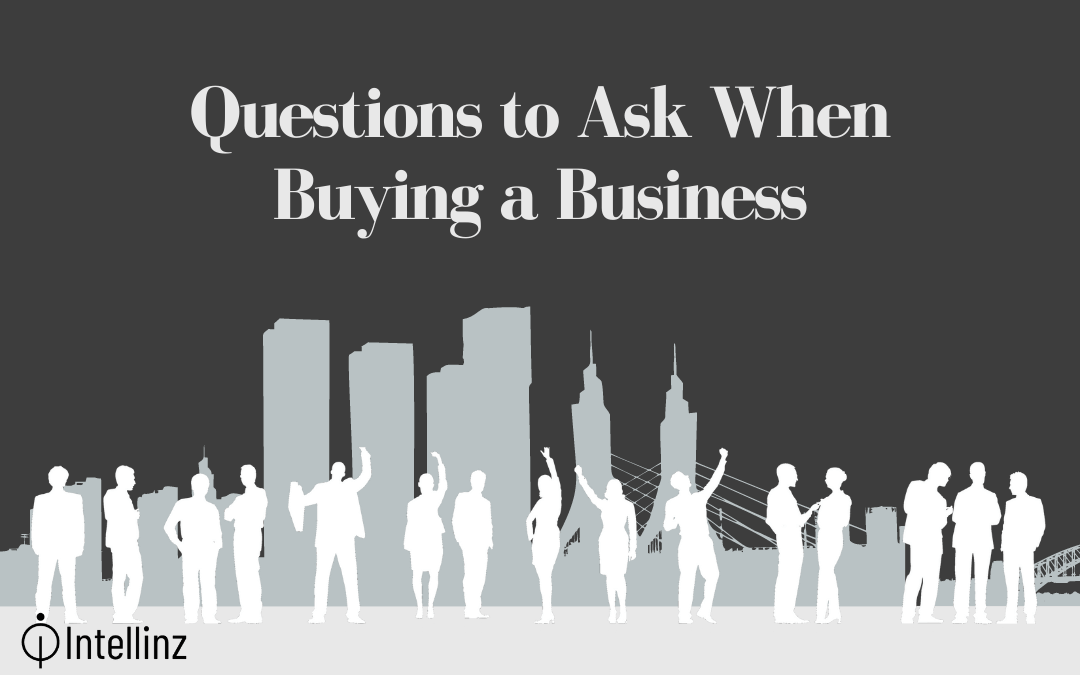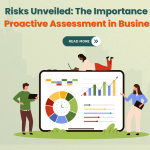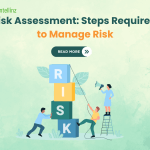Acquiring an already running or established business might sound a lot easier than building a venture from scratch. But like merger & acquisitions, the process is more complicated than it seems. However, buying the wrong business can ruin your entrepreneurial dream and deprive you of your precious capital. Asking the following questions from the seller should help you make a safe, reliable decision.
Why Do You Want to Sell Your Business?
Discovering the seller’s motivation to sell is a great place to start when considering a company takeover or looking forward to buying a business. Their response to this question will reveal a lot about the venture. Perhaps the seller is a serial entrepreneur who works as a venture builder. They launch and nurture businesses from scratch only to sell them. Alternatively, they may want to cash out their business to pursue some other goal such as to buy a home. While these are acceptable reasons for selling a business, make sure they have a solid history and evidence to back up their story.
However, if you find that they’re selling the business because of a declining market or a new competitor who has made the business’s products or services totally irrelevant, purchasing it may not be a wise decision. The seller wants to sell their business because they feel they can no longer keep it profitable. They obviously won’t reveal this fact, so you’ll need to determine the possibilities through cross-questioning and follow-up questions.
How Did You Come Up with the Business Sale Price?
This question will let you dig deeper into the valuation of the business you’re buying, while also confirming that you’re paying a fair price for it. Financially, there are several ways to determine a business’s market value such as conducting a discounted cash-flow analysis, using earnings multiples, revenue predictions, value to existing assets, etc.
However, the assessment should go beyond number crunching. The firm’s geographical location, for instance, can greatly impact the price. A reliable way is to hire a business broker who has been valuing businesses for a while.
How Do You Record Finances?
Since financial statements and balance sheets reveal the most about a business’s performance, it’s important to confirm that nothing has been misrepresented. Don’t hesitate to ask how the accounts are recorded and maintained. The response will not only verify their credibility but also help you determine whether the revenue is increasing or decreasing. When examining the financial statements, don’t forget to assess the tax returns for past years.
Are There Any Pending Lawsuits?
If the business has an ongoing lawsuit, profitability won’t matter. While many organizations bounce back from them, make sure that any legal issues are fully settled before you make a decision. The problem is more prevalent in the case of online businesses because it’s difficult to protect and track intellectual property and copyrights on the internet.
Conclusion
While there’s a lot more that goes into conducting due diligence before buying a business, the aforementioned questions should address your primary concerns before reaching a decision. If you’re seeking professional help for the business you have in mind, reach out to Intellinz today!






